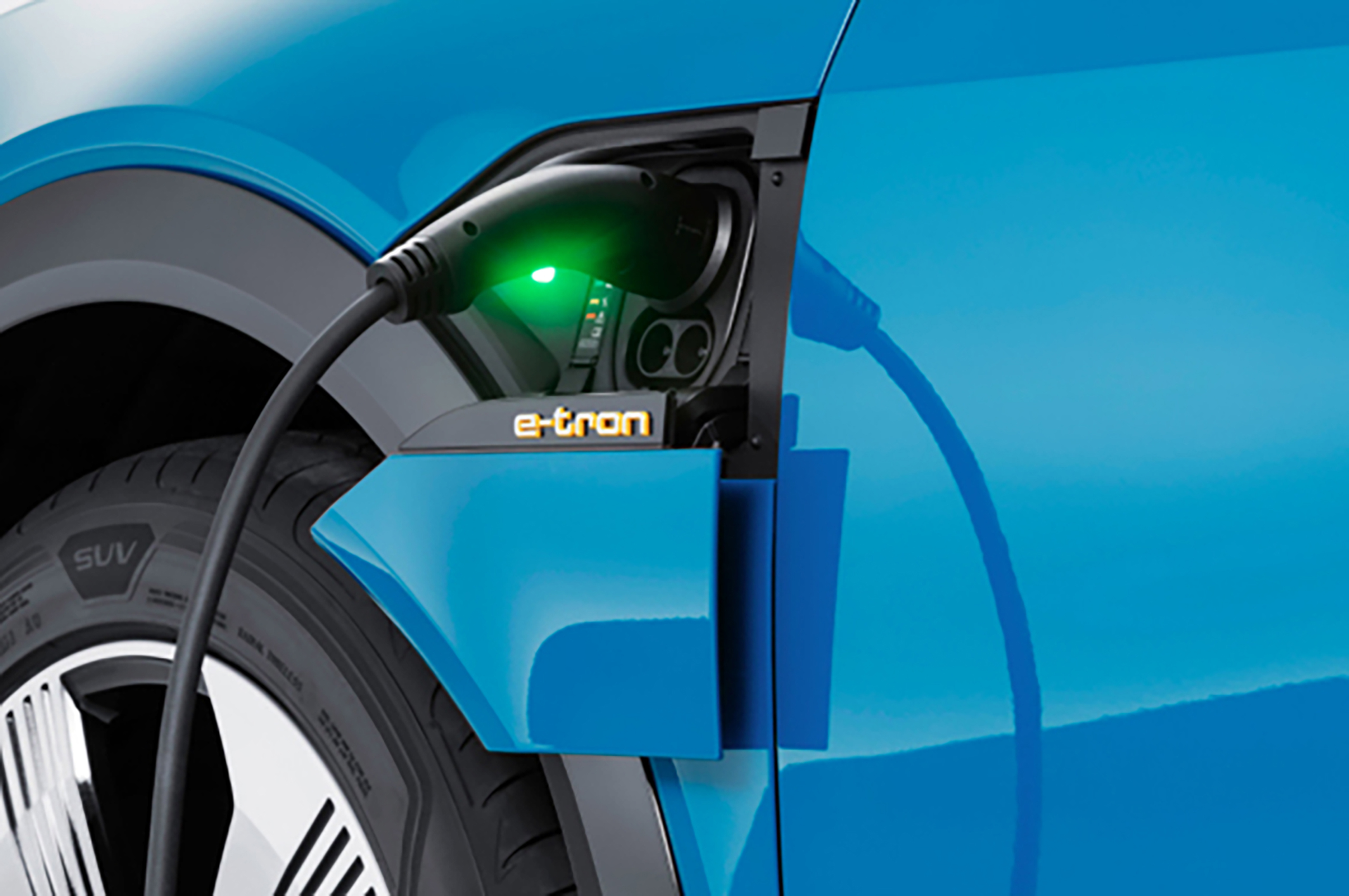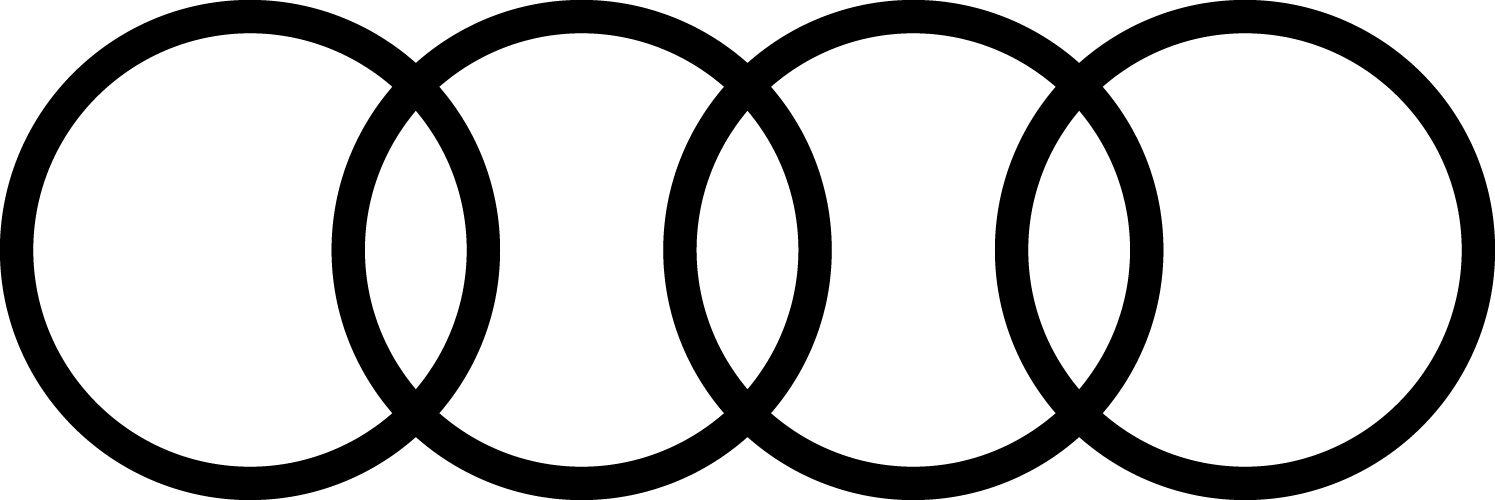Advertisement feature from Audi

Audi’s roadmap will see it launch only fully electric vehicles from 2026; a year later it will have an electric vehicle in every core market segment. By 2033, it will no longer produce any internal combustion engine vehicles.
The Audi Q4 e-tron and Audi Q8 e-tron are already built at net carbon-neutral facilities in Germany and Belgium, an advantageous detail for fleet operators who are increasingly having to evidence their own green credentials.
Audi offsets unavoidable CO2-equivalent emissions via carbon-offsetting projects which are certified by The Gold Standard or Verified Carbon Standard.

Audi is working to reduce its global carbon emissions:
- Rail instead of road: components are now transported by rail instead of road which is reducing emissions by 2,600 tons of CO2 per year.
- Wind and solar parks: Audi is supporting net-green electric vehicle charging by building wind and solar parks across Europe by 2025. They will generate around five terawatt hours of additional green power - the equivalent of 250 wind turbines.
- We're working to explore new ways to use recycled components: a pilot project is recycling damaged auto glass to create new window glass for the Audi Q4 e-tron. Since 2017, it has re-used aluminium scraps from its press shop.
Discover more about the Audi electric fleet here
Find out more about Audi sustainability here

https://www.audi.com/en/company/sustainability/core-topics/value-creation-and-production/closed-circuit-recycled-automobile-glass.html
https://www.audi-mediacenter.com/en/the-new-audi-q8-e-tron-15069/carbon-neutral-form-stage-one-sustainable-production-15087
https://www.audi-mediacenter.com/en/press-releases/greentech-festival-focus-on-circular-economy-pilot-project-for-glass-recycling-becomes-standard-15412
https://www.audi-mediacenter.com/en/the-new-audi-q8-e-tron-15069/carbon-neutral-form-stage-one-sustainable-production-15087















Login to comment
Comments
No comments have been made yet.